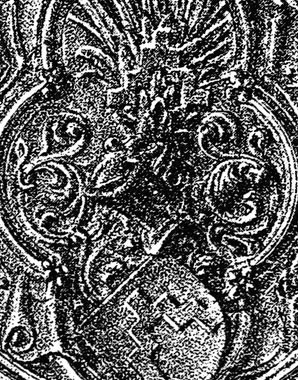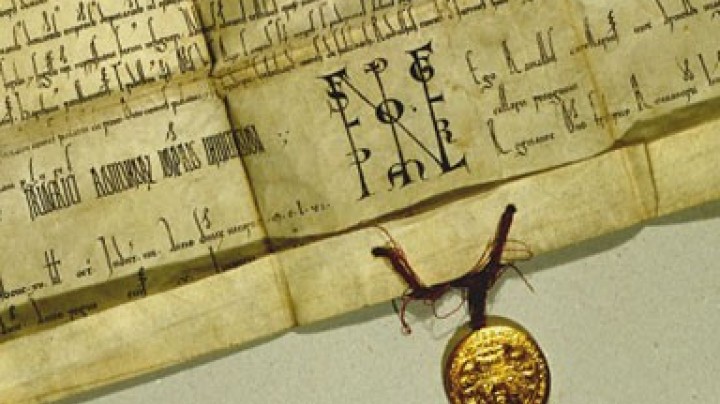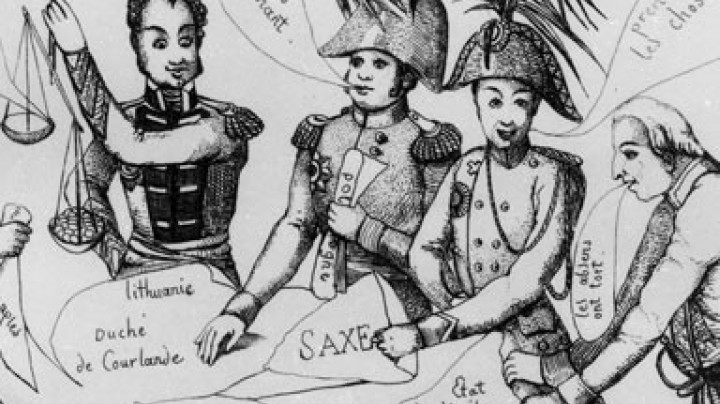‘High society’ – How having the rights of a burgher went hand in hand with social status
Owning assets and having the status of a burgher was closely linked to access to political office. The upper echelons of the burgher class of a town represented only a tiny minority of the total number of its inhabitants.
Having the status of a burgher meant belonging to the urban upper class. It was linked to the right to vote and the right to be elected to political office. The requirements for becoming a burgher varied from town to town. In Linz, for example, this status was granted only to traders, while craftsmen only had the status of residents. All those who did not have the status of a burgher were regarded as either ‘residents’ or ‘strangers’. They included people employed by the town’s administration as well as wage earners, servants, apprentices and journeymen. By the standards of the Middle Ages Vienna with its 20,000 inhabitants was a large city.
What determined whether a person would be given the status of a burgher was the size of his fortune. Additional criteria were having been born in wedlock, being over eighteen years of age, and not being an unfree person such as a serf; in many towns being married or having the prospect of getting married was also a requirement. The status of a burgher was a right that could be either bought or granted, with only the sons of a burgher not having to pay a fee. However, not all burghers were equal. Only the wealthiest of them were able to hold political office in their town, because normally there was little or no remuneration but the duties took up time. As a rule women were excluded from holding municipal office.
Servants at the ruler’s court and members of the university had a special status, with the former being exempt from municipal taxes and the latter even having their own jurisdiction. The nobility and the clergy also enjoyed special rights.















